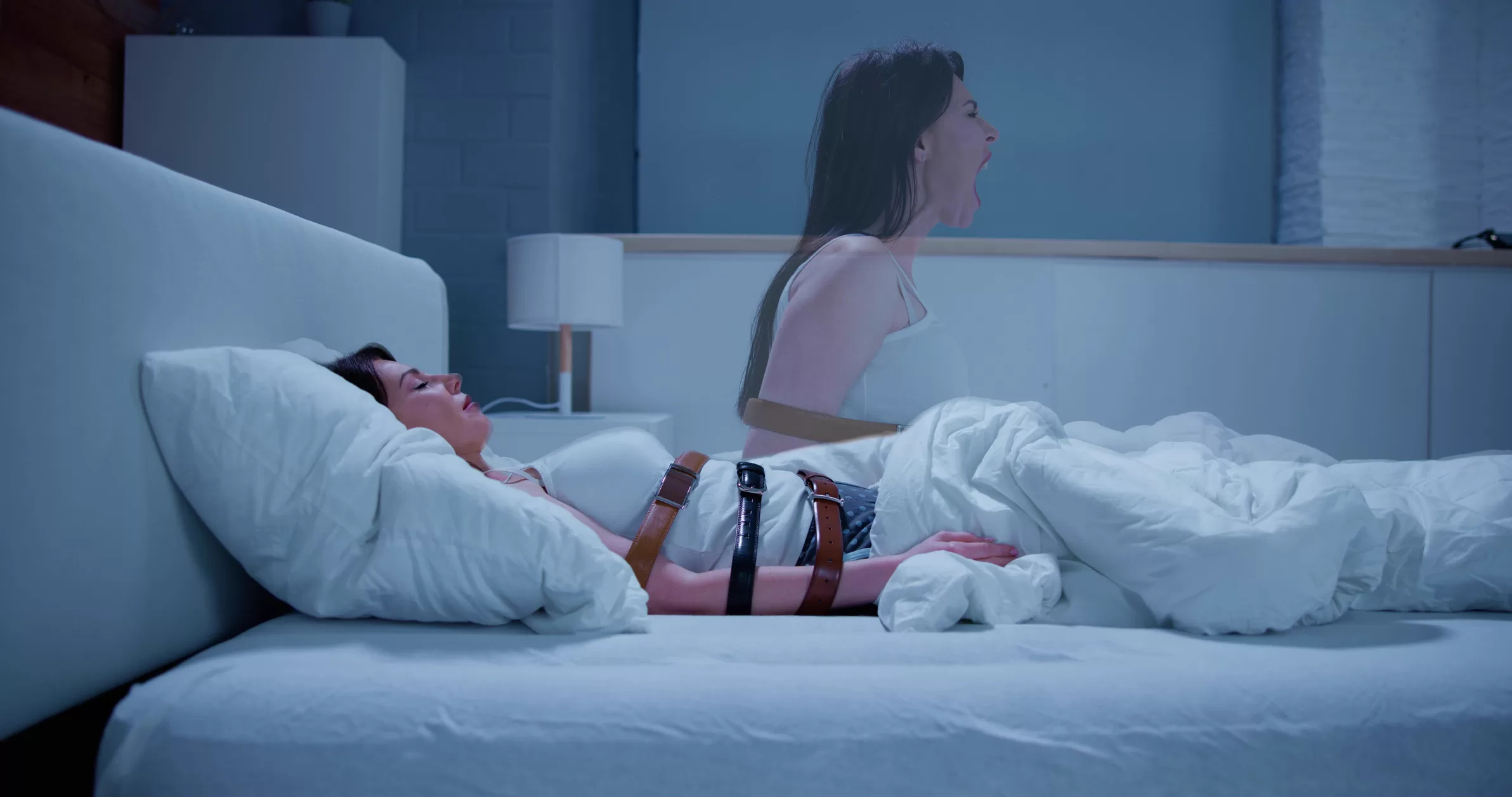The Food and Drug Administration is expected to decide Saturday whether to approve the first pill for postpartum depression.
The medication, called zuranolone, is taken daily for two weeks. In a pair of clinical trials involving women who experienced severe depression after having a baby, the drug improved symptoms, such as anxiety, sleep problems, loss of pleasure, low energy, guilt, or social withdrawal, as early as three days after the first pill.
The drug was jointly developed by pharmaceutical companies Biogen and Sage Therapeutics. If approved, it will become the first treatment for postpartum depression that can be taken at home. The only other option available is an IV injection that the FDA approved in 2019. It requires patients to stay in a hospital for two and a half days.
Dr. Samantha Meltzer-Brody, director of the Center for Women’s Mood Disorders at the University of North Carolina and an investigator on both zuranolone trials, said the data so far is “incredibly encouraging and very exciting.”
But he cautioned that the trials only followed patients for 45 days.
“We know that it works quickly and that it has a lasting effect up to day 45, but what happens after that remains to be seen,” Meltzer-Brody said.
Women who breastfed or had mild or moderate depression were not included in the trials.
“At this time, we can’t recommend this for people who are breastfeeding until we have more data,” said Dr. Lauren Osborne, vice chair of clinical research in the Department of Obstetrics and Gynecology at Weill Cornell Medicine.
The FDA is simultaneously considering whether to approve zuranolone for clinical depression, so the pill could be approved for one or both indications.
POST-PARTUM DEPRESSION IS COMMON AMONG NEW MOTHERS
About 1 in 8 women report symptoms of postpartum depression after recently giving birth, according to a report from the Centers for Disease Control and Prevention (CDC).
Overall, mental health conditions are an underlying cause of about 9% of deaths among women during or within a year of pregnancy, according to the CDC.
Postpartum depression is more intense and long lasting than the typical worries, sadness or tiredness that many women experience after giving birth. The condition can make it difficult for mothers to bond with their babies and can increase the likelihood of developmental delays in babies.
Amy Bingham, a 33-year-old resident of Burlington, North Carolina, began feeling depressed shortly after giving birth to her son, Benjamin, in 2018. With her parents abroad, in England, and her husband at work , was left alone to care for the baby, she said.
“It was very overwhelming. I was very afraid that I wasn’t doing the right thing for my son,” Bingham said.
Bingham signed up for UNC Chapel Hill’s zuranolone trial after seeing an ad on Facebook. After five days on the medication, she said, she began to feel less anxious and more in tune with her son’s emotional cues.
“I was able to enjoy my time with him,” Bingham said. “He allowed me to meet him. I was able to bond with him.”
However, Bingham said her depression returned after the trial ended.
This article was originally published in english on NBC News. For more content visit NBCNews.


